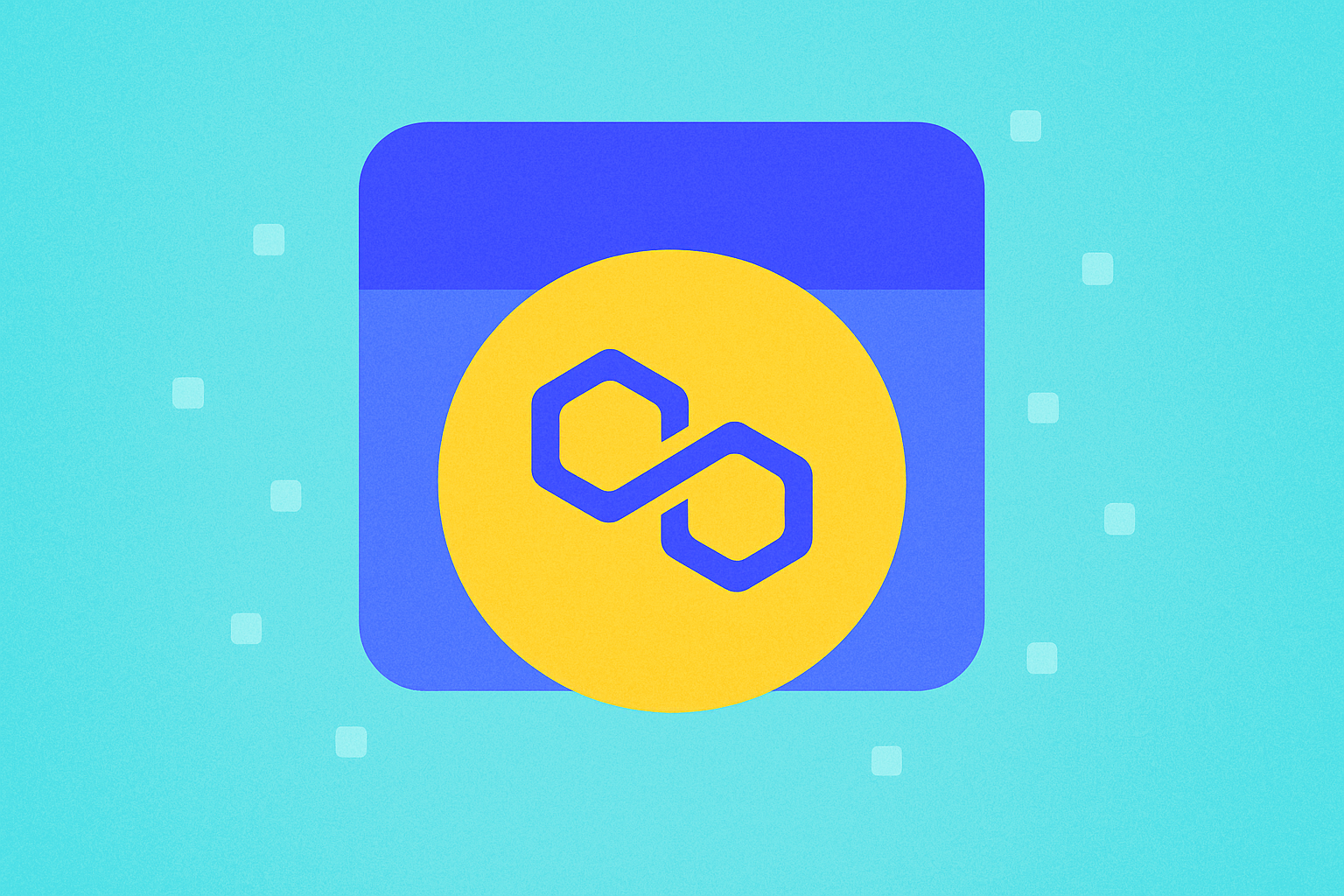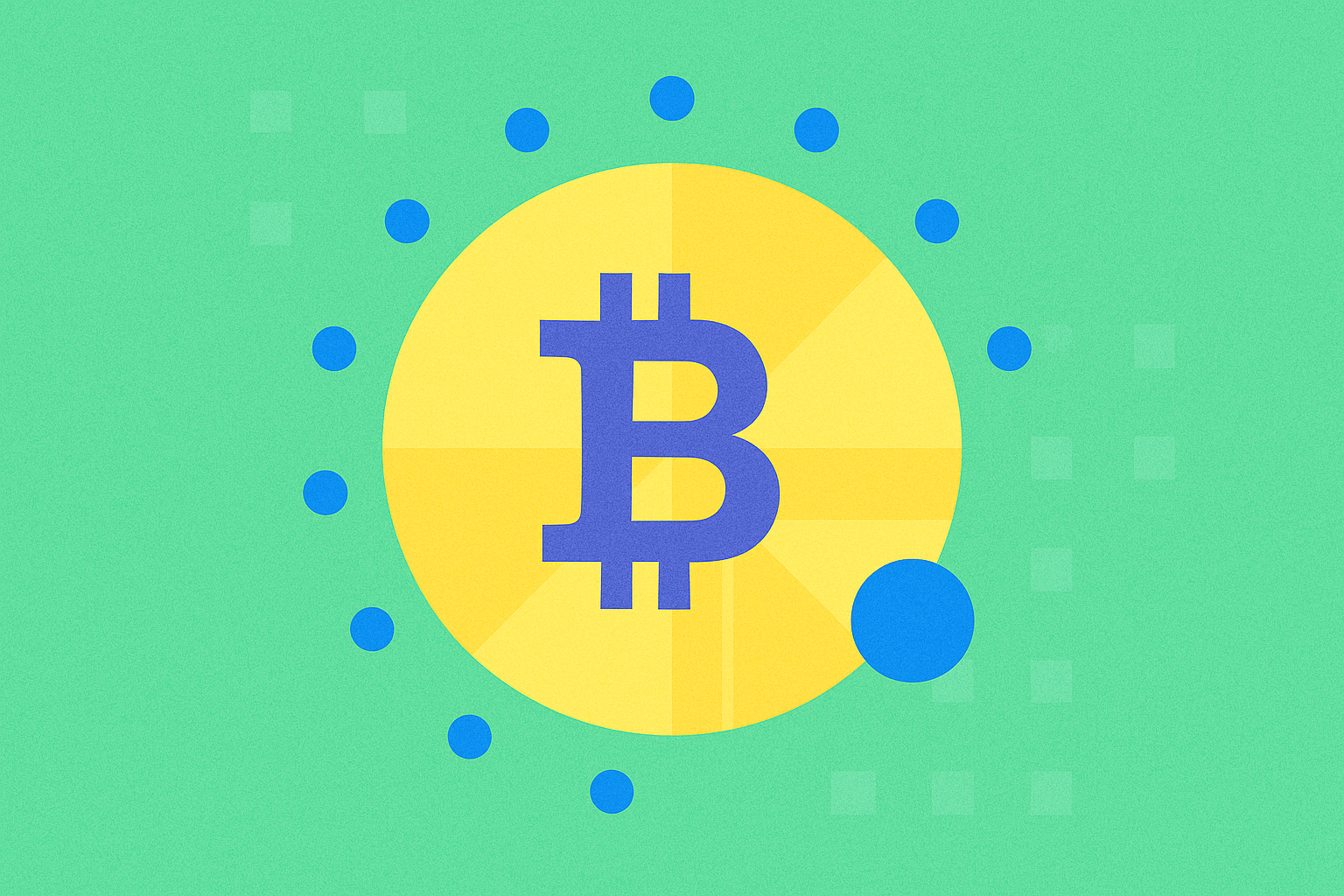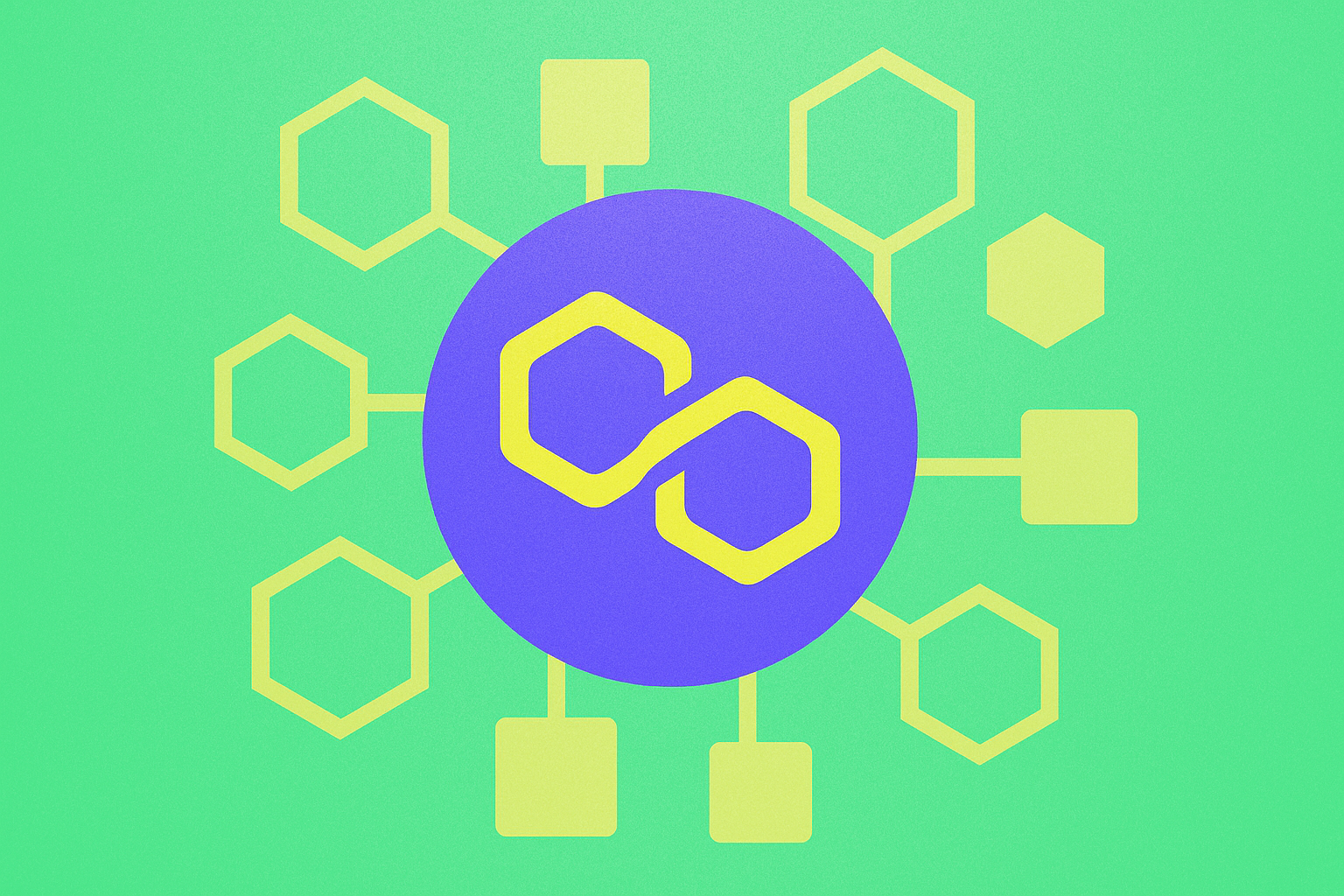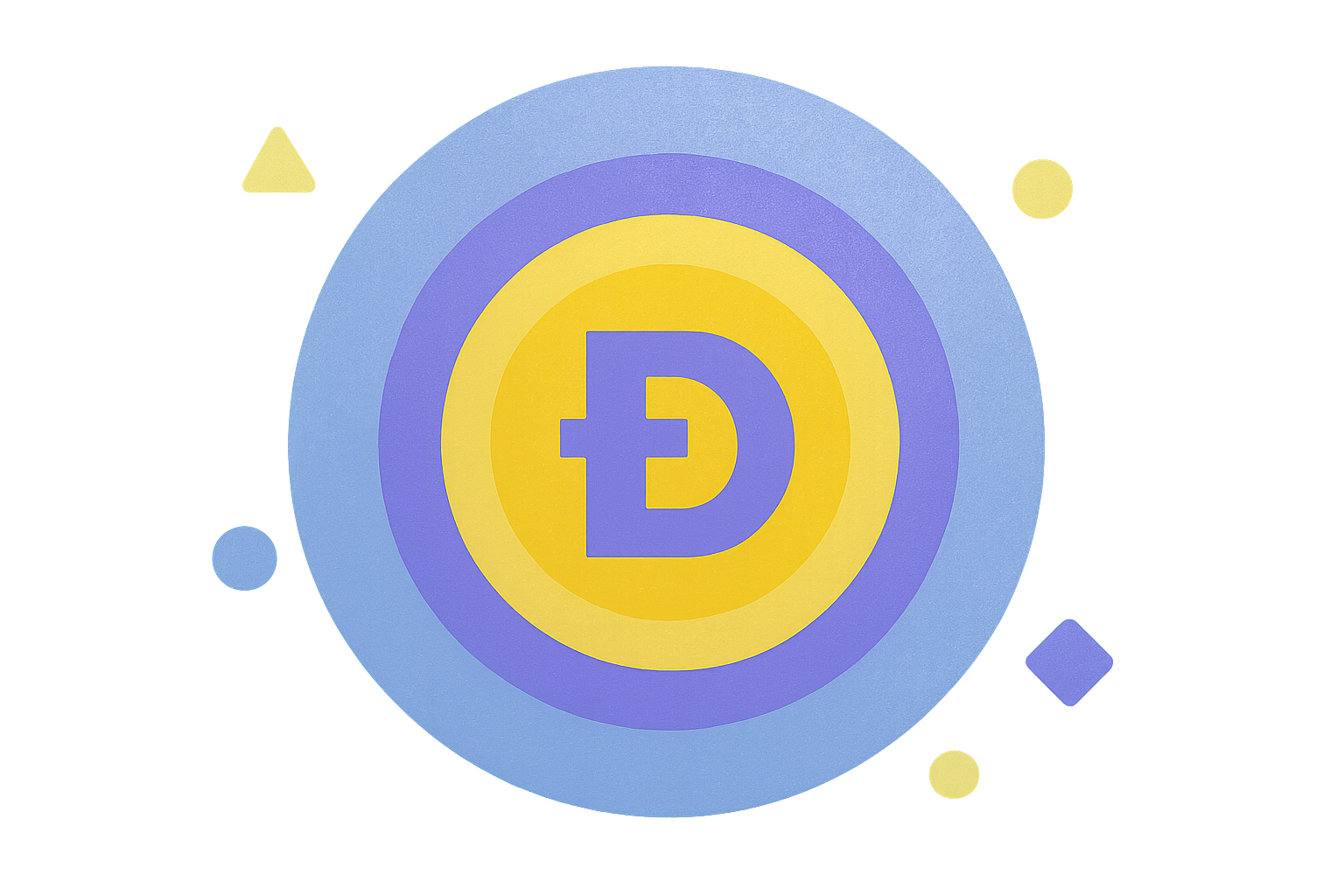Solana nedir?
4-17-2025, 7:24:59 AM
Solana
Article Rating : 3
0 ratings
Solana, merkezsiz uygulamaları (dApps) ve kripto paraları desteklemek amacıyla tasarlanmış yüksek performanslı, açık kaynaklı bir blok zincir platformudur.

Solana nedir?
Solana (SOL), ölçekte merkezsiz uygulamalar (dApps) ve kripto varlıklarını desteklemek üzere tasarlanmış yüksek performanslı, açık kaynaklı bir blockchain platformudur. Hızlı işlem hızları, düşük ücretler ve ölçeklenebilirlik ile bilinir, bu da onu Ethereum gibi diğer blockchain'ler için popüler bir alternatif yapar.
Solana'nın Temel Özellikleri
- Tarih Kanıtı (PoH):
- Solana'nın benzersiz konsensüs mekanizması, işlenmeden önce işlemlere zaman damgası atan bir kriptografik saat olan Tarih Kanıtı sağlar. Bu, neredeyse anlık işlem işleme olanağı sağlayarak düşük ücretlerle saniyede binlerce işlem (TPS) yapılmasını sağlar.
- Yüksek İşlem Kapasitesi ve Düşük Ücretler:
- Solana, ortalama işlem ücreti yaklaşık 0,00021 dolar olan 50.000 TPS'ye kadar işleyebilir. Bu, mevcut en hızlı ve maliyet etkin blok zincirlerinden biri haline getirir.
- Solana Sanal Makinesi (SVM):
- SVM, DeFi, NFT'ler ve AI tabanlı dApp'ler gibi uygulamalar için Solana'nın paralel yürütme olanağı sağlar, bu da Solana'nın son derece verimli olmasını sağlar.
- Merkezi Olmayan Uygulamalar (dApps):
- Solana, merkezi olmayan finans (DeFi) protokolleri, NFT pazarları ve oyun uygulamaları da dahil olmak üzere geniş bir dApp yelpazesini destekliyor.
- Kilit ve Yönetişim:
- Solana, Solana ağıın yerel kripto parası, ödüller ve yönetişim oylaması için staking yapılabilir. Sahipler ayrıca ağın güvenliğine ve merkezsizleşmesine katkıda bulunarak doğrulayıcı haline gelebilirler.
Son Gelişmeler
- Firedancer Validator Client:
- Solana, ağ ölçeklendirme ve verimliliği önemli ölçüde artırarak, çekirdek başına saniyede 1 milyon işlemi işleyebilen ve ağ, çalışma zamanı ve uzlaşma mekanizmalarını optimize etmek amacıyla tasarlanmış yeni bir doğrulayıcı istemci olan Firedancer'ı piyasaya sürmeye hazırlanıyor.
- Token Uzantıları:
- Solana, token oluşturmayı basitleştiren ve geliştiren yeni token uzantıları tanıtıyor. Bunlar, transfer kancaları, gizli transferler, kalıcı deleGate.coms, devredilemez tokenlar ve meta veri işaretçilerini içerir. Bu özellikler, kurumsal uygulamalar için daha esnek ve güvenli token sistemlerini mümkün kılar.
- Düzenleyici Gelişmeler:
- Solana tabanlı bir Borsa Yatırım Fonu (ETF)'nun olası onayı hakkında spekülasyonlar var, bu durum kurumsal benimsemeyi önemli ölçüde artırabilir ve SOL fiyatını yükseltebilir.
Kullanım Alanları
- Merkezi Olmayan Finans (DeFi):
- Solana, merkezi olmayan borsalar (DEX'ler), kredi protokolleri ve yatırım platformları da dahil olmak üzere çeşitli DeFi projelerine ev sahipliği yapmaktadır.
- Non-Fungible Tokens (NFT'ler):
- Solana'nın düşük ücretleri ve yüksek işlem kapasitesi, NFT pazarları ve yaratıcılar için çekici bir platform haline getiriyor.
- Oyun ve Web3 Uygulamaları:
- Solana'nın hızı ve düşük maliyeti, gerçek zamanlı oyunlar ve Web3 sosyal ağlar için ideal hale getiriyor.
Sonuç
Solana'nın yenilikçi teknolojisi, ölçeklenebilirliğe odaklanması ve düşük işlem ücretleri, onu kripto endüstrisinde önde gelen bir blok zincir platformu olarak konumlandırmıştır. Benzersiz Tarih Kanıtı mekanizması ve güçlü ekosistemi, hızlı, verimli ve maliyet etkin blok zincir çözümleri arayan geliştiriciler ve kullanıcılar için güçlü bir aday yapmaktadır.
* The information is not intended to be and does not constitute financial advice or any other recommendation of any sort offered or endorsed by Gate.
Related Articles

2025 yılında Solana Kullanıcıları İçin Bir Phantom Cüzdanı Nedir: Bir Rehber
2025 yılında, Phantom cüzdanı Web3 manzarasını devrim yarattı ve en üst düzey Solana cüzdanı ve çoklu zincirli güç merkezi olarak ortaya çıktı. Gelişmiş güvenlik özellikleri ve ağlar arasında sorunsuz entegrasyon ile, Phantom dijital varlıkları yönetmek için eşsiz bir kolaylık sunar. Milyonların neden kripto yolculukları için MetaMask gibi rakiplerine tercih ettiklerini keşfedin.
4-30-2025, 2:58:59 AM

2025'te Solana Fiyatı: SOL Token Analizi ve Piyasa Görünümü
Solana'nın meteorik yükselişi, 2025 yılında kripto para manzarasını yeniden şekillendirdi. SOL'un **$148.55** seviyesinden işlem görmesiyle yatırımcılar, bu yükseliği tetikleyen faktörleri anlamak istiyor. Web3 benimsemesinden blokzincir inovasyonuna kadar, Solana'nın gelecekteki değer tahmini umut verici görünüyor. Bu analiz, SOL token fiyatını, Solana blokzincirine yönelik yatırım görünümünü ve dijital ekonomiyi şekillendiren geniş kapsamlı kripto para piyasası trendlerini araştırıyor.
4-28-2025, 3:21:35 AM

Solana'nın Tarihin Kanıtı Nasıl Çalışıyor?
Solana'nın Tarihin Kanıtı (PoH), Solana blockchain'inin hızını ve verimliliğini önemli ölçüde artıran benzersiz bir uzlaşı mekanizmasıdır. PoH'un nasıl çalıştığı ve Solana'nın performansına etkisi detaylı bir şekilde açıklanmaktadır:
4-17-2025, 7:30:34 AM

Solana (SOL) : Düşük Ücretler, Memecoinler ve aya giden yol
Solana, ultra hızlı hızlar ve neredeyse sıfır ücretlerle DeFi, NFT'ler ve perakende benimsemesini güçlendirmek için bir ekosistemi destekliyor. Meme coin çılgınlığından gerçek dünya ödemelerine kadar, 2025-2027'ye girerken önde gelen bir blok zinciri olarak konumlanmıştır.
4-29-2025, 12:17:06 PM

Solana iyi bir yatırım mı?
Solana (SOL) yatırımı umut vaat eden bir fırsat olabilir, ancak kripto para piyasasının volatil doğasından kaynaklanan içsel riskler de beraberinde gelir. İşte son piyasa performansına, uzman görüşlerine ve gelecek tahminlerine dayalı kapsamlı bir analiz:
4-17-2025, 7:35:25 AM

Popcat'ın Solana üzerine Beyaz Kağıdı'nın Temel Mantığı Nedir?
Bu makale, Popcat'in Solana üzerindeki beyaz kitabındaki temel mantığı keşfederken, viral meme kökenlerini, topluluk odaklı yaklaşımını ve spekülatif çekiciliğini inceliyor. Popcat'in basit bir internet fenomeninden kripto para fenomenine dönüşümünü ele alarak, hızlı piyasa değeri büyümesini ve internet mizahını kaldıraçlama gücünü vurguluyor. Parça ayrıca Solana'nın önemli büyüme potansiyelini ve teknolojik avantajlarını tartışıyor. Ancak, meme tabanlı tokenların sürdürülebilirliği ve Solana'nın uzun vadeli kullanışlılığı ve blockchain ekosistemindeki itibarı üzerindeki etkileri konusunda endişeleri dile getiriyor.
5-8-2025, 3:18:23 AM
Recommended for You

Kripto Cüzdanınıza Polygon Ağı Nasıl Eklenir: Adım Adım Rehber
Polygon ağını MetaMask cüzdanınıza zahmetsizce eklemek için kapsamlı rehberimizi inceleyin. Düşük işlem ücretleri ve hızlı transferler gibi Polygon’un sağladığı avantajları öğrenin; Ethereum tabanlı dApp’lerle tam uyumluluğunu keşfedin. Web3 kullanıcıları, DeFi yatırımcıları ve kripto varlık yönetimini ileri taşımak isteyen blockchain geliştiricileri için mükemmel bir kaynak. Cüzdanınızı yapılandırmak, token eklemek ve Polygon’un 137 zincir kimliğiyle güvenli işlemler gerçekleştirmek için adım adım talimatlarımızı izleyin. Polygon’un potansiyelini kolayca açığa çıkarın!
12-15-2025, 6:32:59 AM

Kripto cüzdanınıza Polygon Network eklemek: Kolayca uygulanabilir bir rehber
Polygon ağını MetaMask cüzdanınıza kolaylıkla entegre etmenin yollarını adım adım rehberimizle keşfedin. Polygon’da düşük komisyonlar ve yüksek hızlı işlemlerle kripto deneyiminizi bir üst seviyeye taşıyın. Doğru Polygon Chain ID ve RPC endpoint ayarları dahil ayrıntılı talimatlarımızı izleyerek DeFi ve merkeziyetsiz uygulamaların tüm imkanlarını kullanın. Web3’e ilgi duyanlar veya yeni başlayanlar için hazırlanan rehberimiz, Polygon ağında güvenli kullanım için önemli bilgiler ve en iyi uygulama önerileri sunar.
12-15-2025, 6:25:33 AM

Satoshi'yi Anlamak: Bitcoin Ekosistemindeki Tarihi ve Önemi
Bitcoin ekosisteminde satoshinin geçmişini ve önemini keşfedin. Bu bilgiler, yeni yatırımcılar ile Web3 platformu kullanıcılarının kripto para temellerini daha iyi kavramasını sağlar. Satoshinin ne olduğunu, ekosistemdeki rolünü ve Gate’in satoshiyi alım-satım ve yatırım işlemlerine nasıl entegre ettiğini öğrenin.
12-15-2025, 6:21:34 AM

Dijital cüzdanınıza Polygon Network’ü ekleme: Adım adım rehber
Polygon ağını MetaMask cüzdanınıza kolayca eklemek için adım adım hazırladığımız rehberimizi inceleyin. Düşük işlem ücretleri ve hızlı onay süreleri gibi avantajlarıyla Polygon’u kullanmanın faydalarını öğrenirken, Ethereum ile uyumluluğunu da keşfedin. Web3 kullanıcıları, kriptoya yeni başlayanlar ve blockchain geliştiricileri için hazırlanan bu rehber, sorunsuz bir kurulum ve verimli blockchain kullanımı sağlar.
12-15-2025, 6:10:16 AM

Dogecoin Madenciliğine Yeni Başlayanlar İçin Rehber: Adımlar ve İpuçları
Dogecoin madenciliğine dair tüm detayları başlangıç seviyesindeki kapsamlı rehberimizle öğrenin. Madencilik ortamınızı en verimli hale getirmek için ihtiyaç duyulan donanım, yazılım ve stratejileri yakından tanıyın. Madencilik havuzları, cüzdan çeşitleri ve 2024 yılında kârlılığınızı artırmanın yollarına dair önemli bilgiler edinin. Kripto para tutkunları ve blockchain geliştiricileri için özel olarak hazırlanan bu rehberle, Dogecoin ağında aktif rol almaya hemen başlayabilirsiniz. Evde madencilikle ilgili pratik ipuçlarını öğrenin, kazançlı fırsatları keşfedin.
12-15-2025, 6:07:00 AM

Yaklaşan NFT Koleksiyonlarına Yönelik Tahminler ve Analizler
Oyun, sanat ve gayrimenkul sektörlerinde piyasaya çıkacak en önemli NFT projelerini keşfedin. Honeyland'den Women Rise'a kadar uzanan yeni NFT koleksiyonlarının sunduğu çeşitli yatırım ve büyüme fırsatlarını hem yatırımcılar hem de koleksiyoncular için değerlendirin. Kripto varlıklardaki yükselen olanaklardan yararlanmak amacıyla Web3 trendlerini kapsamlı şekilde analiz edin.
12-15-2025, 6:03:43 AM




